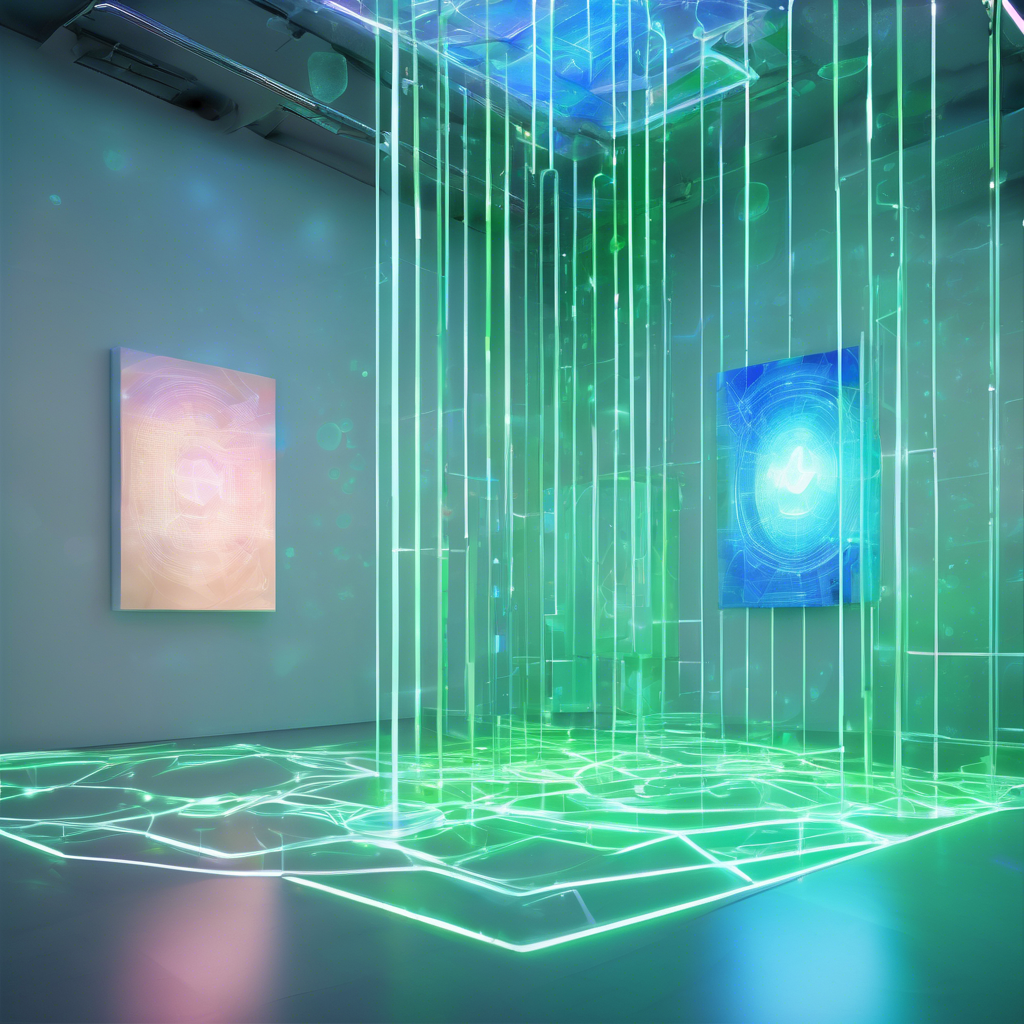
The art world is experiencing a major shift with the integration of blockchain technology to verify digital artwork authenticity. This groundbreaking method is set to transform how artists and collectors manage provenance and ownership of digital pieces, tackling persistent issues related to forgery and authenticity. Blockchain—a decentralized, secure digital ledger—is increasingly used to document and validate transactions involving digital art. By embedding ownership information and transaction histories into the blockchain, each digital artwork obtains a unique, tamper-proof record that confirms its authenticity. This innovation provides artists and collectors with greater assurance about the legitimacy of digital art, which has traditionally faced challenges due to easy replication and a lack of traceable provenance. Artists benefit from blockchain by acquiring a transparent, permanent record of their work’s origin, which safeguards their intellectual property rights and enhances the value of their creations. Having their artwork securely recorded on a blockchain protects artists against unauthorized reproductions and fraudulent sales, creating a safer environment for creative expression. For collectors, blockchain offers increased confidence that the pieces they purchase are genuine. The blockchain ledger presents a clear ownership history, allowing buyers to track the artwork’s path from the artist to current owner. This transparency lowers the likelihood of acquiring counterfeit art and helps maintain the piece’s value over time.
Furthermore, the ability to definitively verify digital art encourages more investment in this emerging sector, supporting its growth and evolution. Blockchain’s application in the art world is expanding beyond digital artworks to traditional physical art, where provenance and authenticity are equally important. By digitizing ownership and transaction data and securing it on the blockchain, galleries, auction houses, and institutions can provide stronger guarantees to buyers, enhancing overall market confidence. Additionally, blockchain technology supports the creation and trading of non-fungible tokens (NFTs), which have gained popularity as a means to represent digital art ownership. NFTs are unique digital assets on a blockchain linked to a specific piece of digital art with a verifiable certificate of authenticity. This innovation has sparked widespread interest and participation in digital art markets, democratizing access and opening new revenue streams for artists worldwide. Despite these benefits, the adoption of blockchain for art authentication faces challenges. Technical complexities, environmental concerns tied to blockchain energy use, and regulatory questions remain under discussion among stakeholders. Nevertheless, ongoing improvements are addressing these problems, making blockchain a more practical and sustainable choice for the art industry. As the art world embraces digital innovation, blockchain technology emerges as a powerful tool to secure provenance, build trust, and elevate the status of both digital and traditional artworks. By establishing a reliable framework for verifying authenticity and ownership, blockchain is helping shape the future of art in a digital era, promising advantages for artists, collectors, and the entire creative ecosystem.
Blockchain Revolutionizes Art Authentication and Provenance in Digital and Traditional Art


The Walt Disney Company has initiated a significant legal action against Google by issuing a cease-and-desist letter, accusing the tech giant of infringing on Disney’s copyrighted content during the training and development of generative artificial intelligence (AI) models without providing compensation.
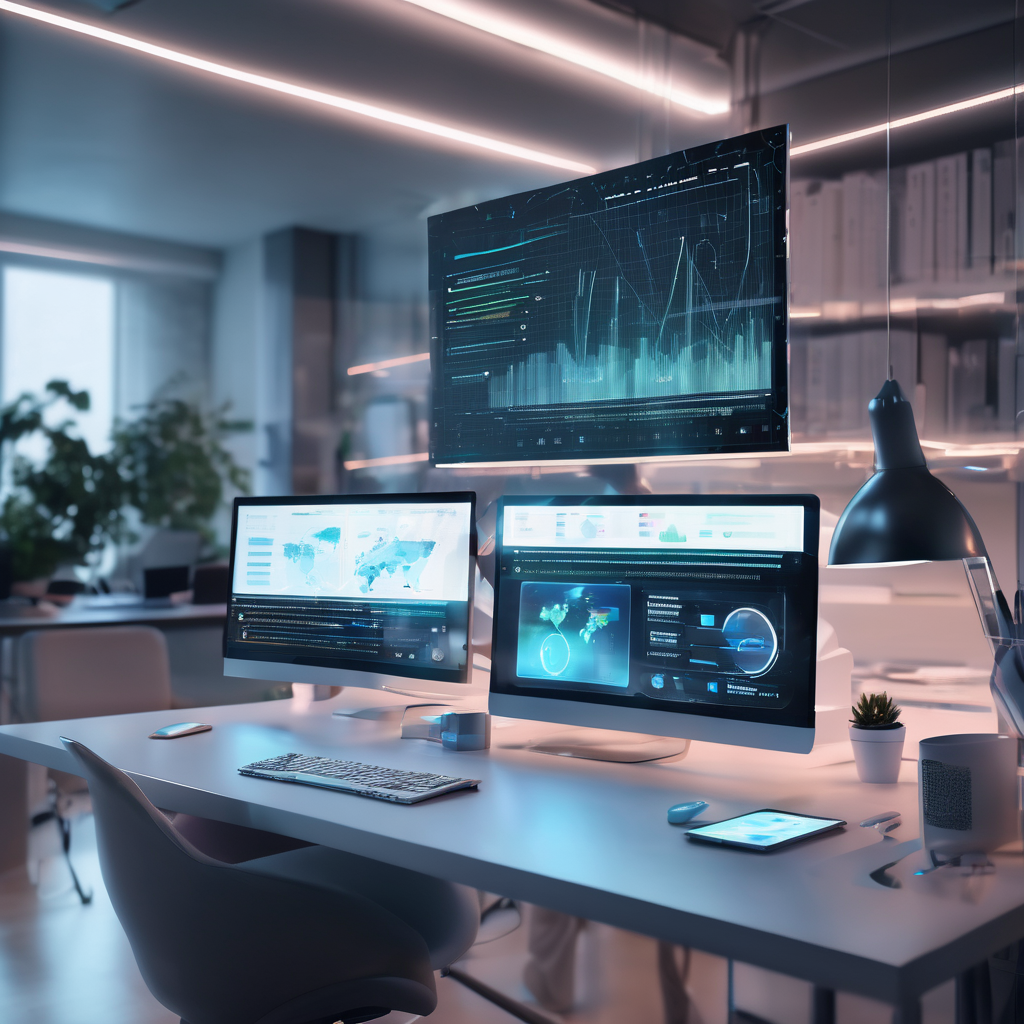
As artificial intelligence (AI) advances and increasingly integrates into digital marketing, its influence on search engine optimization (SEO) is becoming significant.

MiniMax and Zhipu AI, two leading artificial intelligence companies, are reportedly preparing to go public on the Hong Kong Stock Exchange as early as January next year.

Denise Dresser, CEO of Slack, is set to leave her position to become Chief Revenue Officer at OpenAI, the company behind ChatGPT.
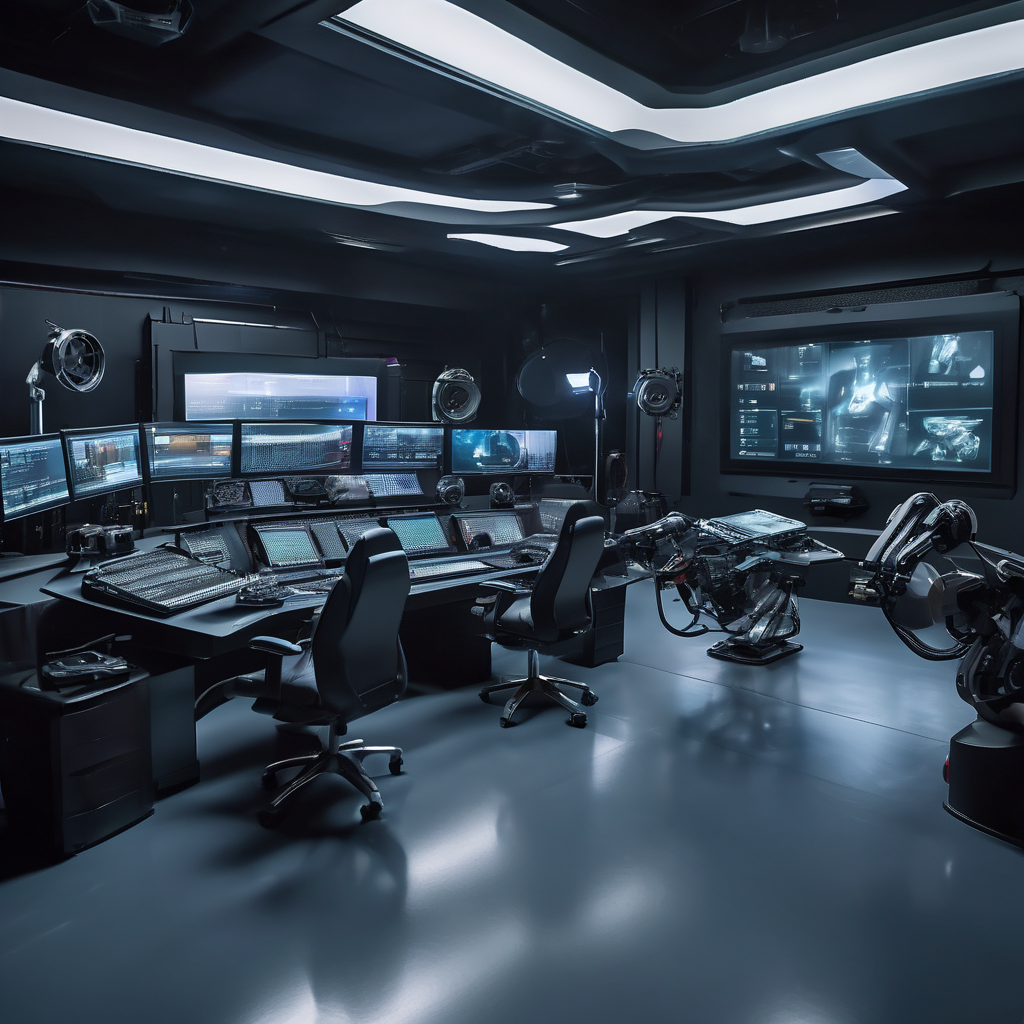
The film industry is experiencing a major transformation as studios increasingly incorporate artificial intelligence (AI) video synthesis techniques to improve post-production workflows.
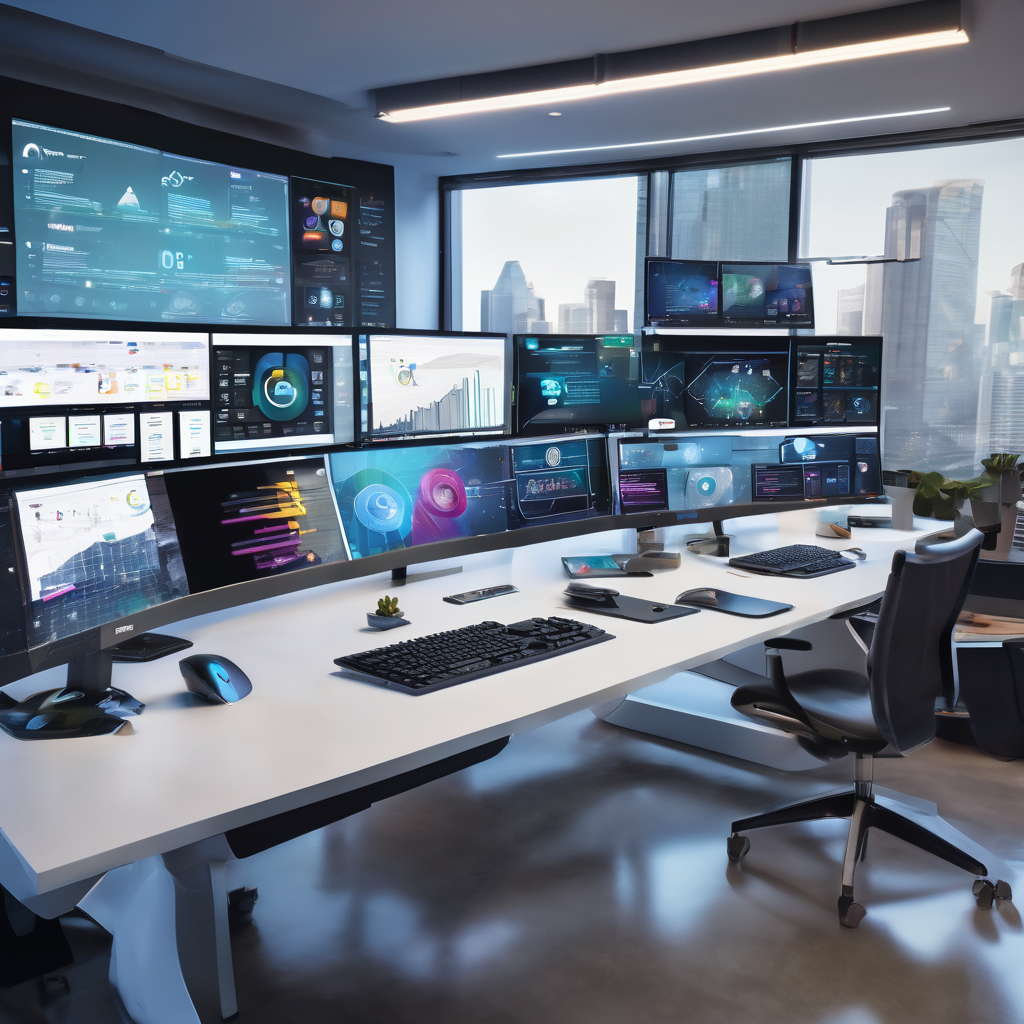
AI is revolutionizing social media marketing by offering tools that simplify and enhance audience engagement.
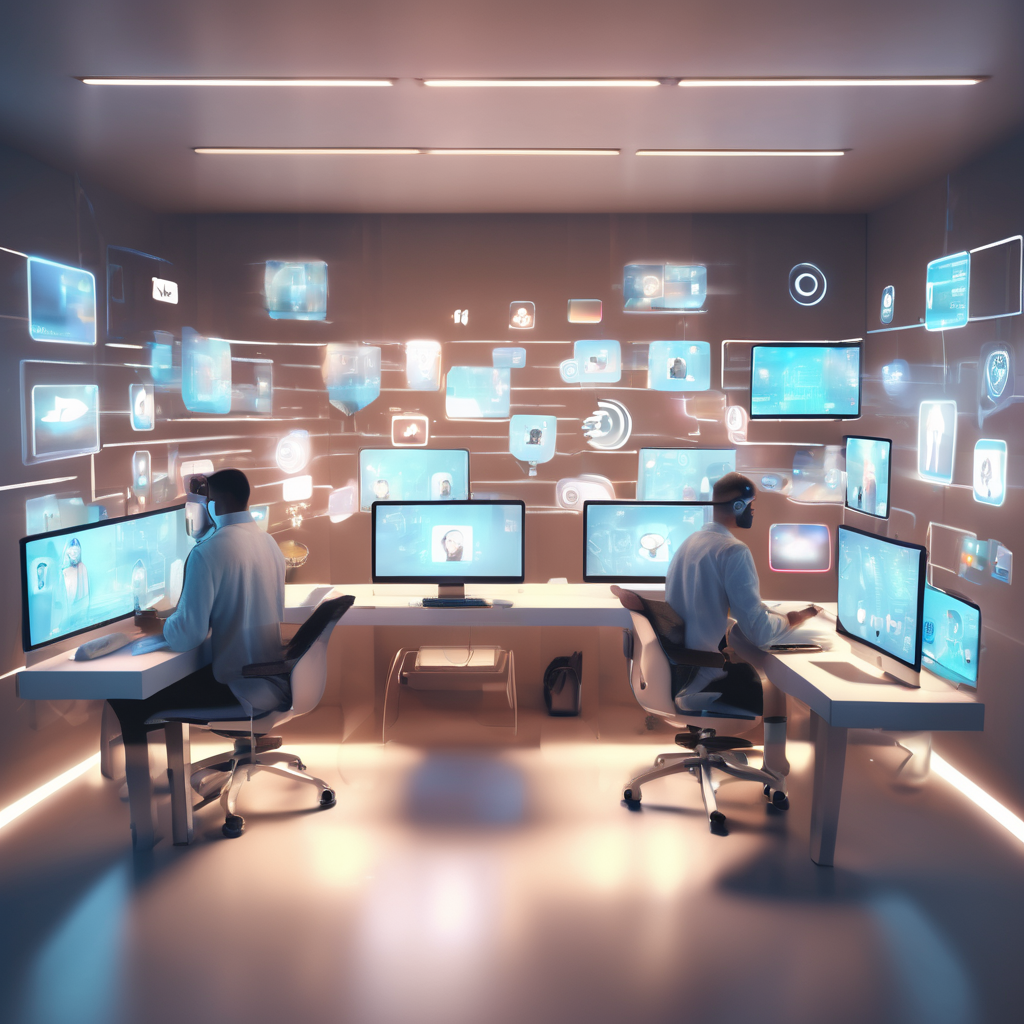
The emergence of AI-generated influencers on social media signifies a major shift in the digital environment, sparking widespread debates about the authenticity of online interactions and the ethical concerns tied to these virtual personas.
Launch your AI-powered team to automate Marketing, Sales & Growth

and get clients on autopilot — from social media and search engines. No ads needed
Begin getting your first leads today